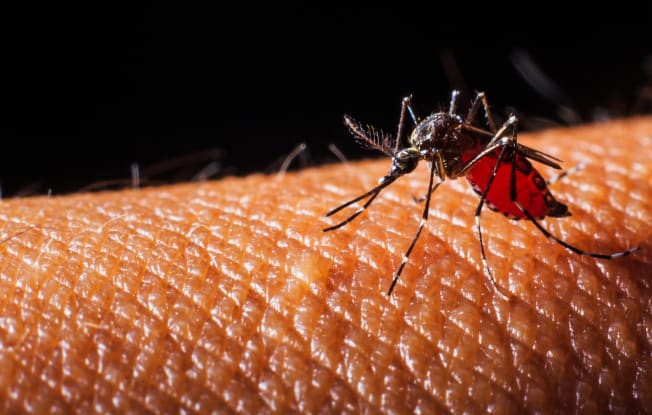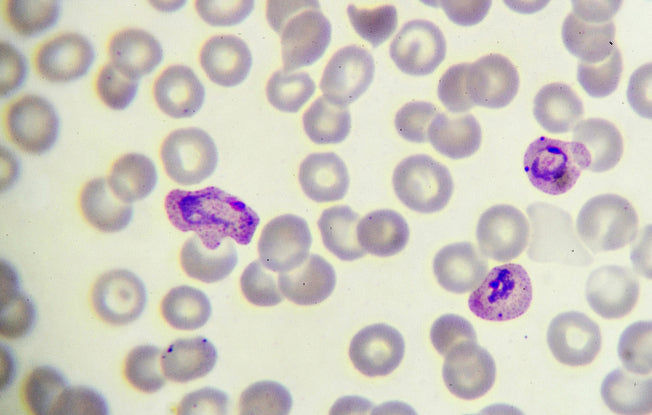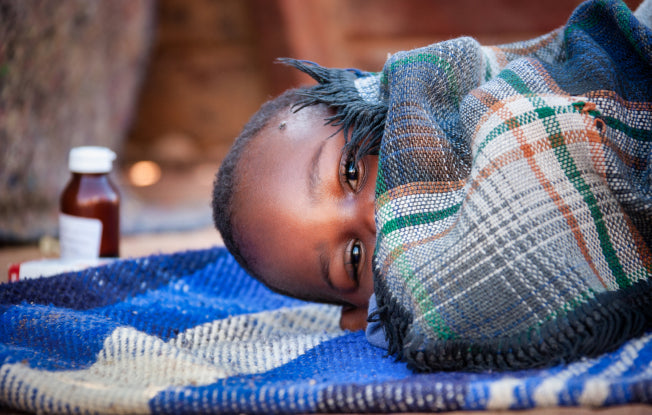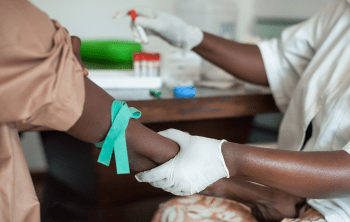The Most Dangerous Health Issues in Africa and How We Can Help
Africa is a vast continent with diverse cultures, a rich history, and breathtaking landscapes. However, despite its many strengths, the region is well known for the challenges it faces, particularly related to poverty, climate change, political instability and health. Today, we’re focusing on health issues in Africa.
A devastating reality is that many people in Africa struggle to access basic medical care. This invariably leads to a high number of cases of preventable diseases and creates a heavy toll on the region's population.
In this blog post, we’ll shed light on the most prevalent and dangerous health issues in Africa and explore ways individuals and organizations can help improve the situation.
The Most Dangerous Health Issues in Africa
Health is a fundamental human right, however Africa is grappling with a wide range of dangerous health issues, including:

Malaria
Malaria is a major public health concern in Africa, accounting for 92% of global malaria cases (200 million) and 93% of deaths (403,000). The disease is caused by a parasite transmitted by mosquitoes, and it can lead to fever, chills, and in severe cases, death. Despite progress in reducing malaria transmission and mortality, the disease remains a leading cause of illness and death in Africa, especially among children under the age of 5. And those children tragically make up 80% of malaria deaths on the continent.
Tuberculosis (TB)
Another prevalent and worrying health issue in Africa is TB. The continent has the highest rate of cases in the world, and TB is a leading killer of people suffering with HIV (40% of HIV deaths were due to TB in 2016). Across the region, an estimated 501,000 people died from TB in 2021, making up around 32% of global deaths from the disease.
TB is a highly contagious bacterial infection that primarily affects the lungs, although it can spread to other parts of the body. The disease can be treated with antibiotics, but inadequate access to healthcare and a lack of resources make it a major challenge in Africa.

HIV/AIDS
Africa is home to 25.7 million people living with HIV, the largest number in the world. The disease weakens the immune system and can lead to serious health problems, including AIDS. In 2021, an estimated 420,000 people died from HIV-related causes across Africa, demonstrating the devastating impact the disease has not only on individuals, but also on communities and families.
HIV/AIDS is one of the most infamous and significant health issues in Africa, and it has had a profound impact on the region's health and development.
Neglected Tropical Diseases (NTDs)
NTDs are a group of parasitic and bacterial infections that affect over 1 billion people worldwide (40% of whom live in Africa). NTDs are found primarily in rural and low-income communities where people have restricted access to clean water. The diseases cause blindness, disfigurement, and lifelong disabilities, and they are a significant barrier to health and economic development in Africa.

Maternal and Child Health
Africa faces shockingly high rates of maternal and child mortality, with many women and children dying from preventable causes such as complications during pregnancy and childbirth, malnutrition, and infectious diseases. Women in Africa account for 57% of maternal deaths worldwide, even though they only make up about 14% of the world's population of reproductive-age women. This is the devastating reality that hundreds of thousands of women face every year.
Maternal and child health is a critical aspect of public health in Africa, and improving access to quality care and resources can have a positive impact on the health and well-being of families and communities.
These are just a few examples of the dangerous health issues in Africa impacting the lives of millions, if not billions, of people. Addressing these challenges requires sustained attention and action from individuals, organizations, and governments at all levels.
How We Can Help
While the abundance of health issues in Africa can seem daunting, there are many ways in which individuals and organizations can make a positive impact. Some of the most effective strategies include:
Supporting Charitable Organizations
One of the most impactful ways to help address health crises facing Africa is to support organizations that are working to improve health outcomes and advocate for better resources more generally. This can involve donating money, volunteering time, or spreading awareness about the organizations and their work.
Another way to do this is to support individual projects that help improve healthcare in Africa by developing better essential services, particularly in rural areas. That’s what we do here at Mayekoo, such as with our project to renovate the maternity and NICU ward at Vakpo Medical Center in Ghana.
The dilapidated Vakpo clinic serves around 12,000 local residents, but it struggles with a lack of funding and resources, resulting in extremely high mortality rates. You can support our renovation project by entering our amazing charity sweepstakes.

Promoting Education and Awareness
Education and awareness are powerful tools in the fight against health issues in Africa. By spreading the word about the dangers of diseases like malaria and tuberculosis, as well as the importance of maternal and child health, individuals, organizations and governments can help to highlight key issues and inspire action. By reading this blog post, you’re already doing your bit to raise awareness.
Additionally, by providing education and resources on how to prevent and treat these diseases, we can empower communities to take charge of their health and well-being.

Supporting Research and Development
Advances in research and technology have the potential to revolutionize the way that we approach health challenges in Africa. By supporting research initiatives that are focused on finding new and innovative solutions to these issues, we can help to spur progress and ensure that the most effective interventions are being developed and implemented.
These are just a few examples of the ways we can help to address the most pressing health issues in Africa. By taking action and supporting initiatives that are making a positive impact, we can work together to ensure that everyone has access to quality healthcare and a healthy future.


